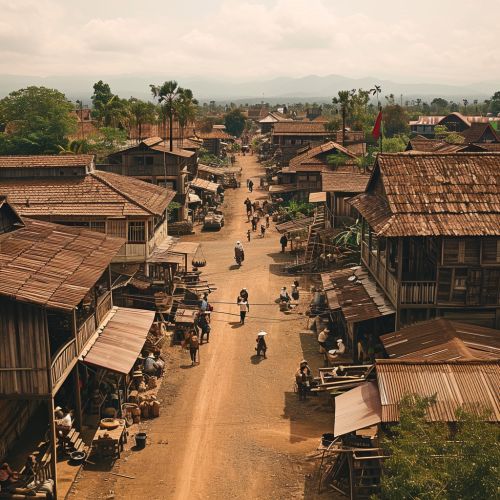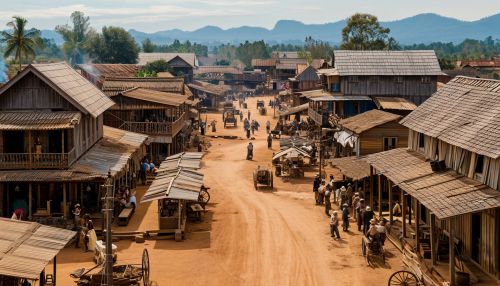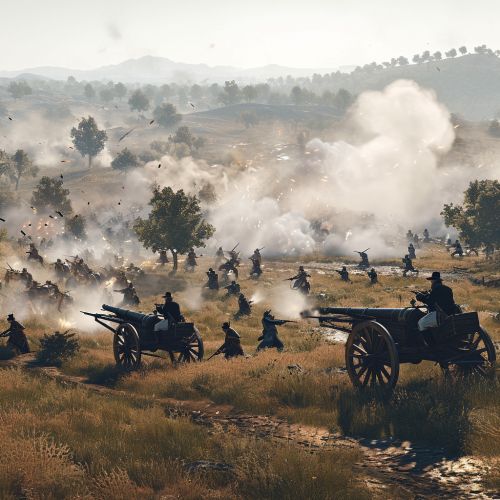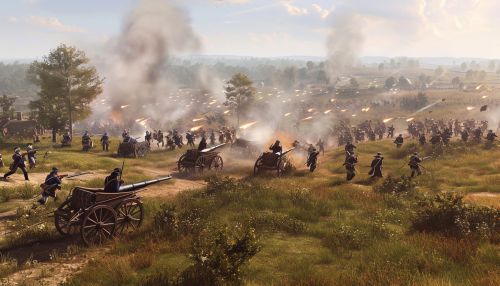Discussion: American History
Early Settlements and Colonization
The European exploration and colonization of what is now the United States began in the 16th century with Spanish and French expeditions. The first permanent settlement was the English colony at Jamestown in 1607. The Plymouth settlement, established by Pilgrims in 1620, and the Massachusetts Bay Colony in 1630 were significant early English colonies in New England.


Revolutionary War and Independence
The American Revolution was a political upheaval during the last half of the 18th century in which thirteen of Britain's North American colonies won independence to become the United States of America. They rejected the British monarchy and aristocracy, overthrew the authority of Great Britain, and founded a sovereign nation based on the principles of liberty and independence.
Constitution and Early Republic
The United States Constitution was adopted in 1787 and ratified by the states in 1788. It established a strong federal government with a system of checks and balances. The Bill of Rights, the first ten amendments to the Constitution, were ratified in 1791 and guarantee many fundamental civil liberties.
Civil War
The American Civil War was a civil war in the United States fought from 1861 to 1865. The Union faced secessionists in eleven Southern states grouped together as the Confederate States of America. The Union won the war, which remains the bloodiest in U.S. history.


Industrialization and Immigration
The late 19th century saw industrialization, technological innovation, and the influx of millions of immigrants from Europe. The rapid expansion of industrialization led to significant changes in American life, transforming the nation from a primarily agrarian society to a major global industrial power.
World Wars and the Great Depression
The United States entered World War I in 1917 and played a significant role in the defeat of the Central Powers in 1918. The 1920s were marked by prosperity and innovation but ended with the onset of the Great Depression, the worst economic downturn in the history of the industrialized world. The United States entered World War II after the attack on Pearl Harbor in 1941, and by the end of the war in 1945, the U.S. emerged as one of the world's two superpowers.
Cold War Era
The Cold War was a period of geopolitical tension between the United States and the Soviet Union and their respective allies, the Western Bloc and the Eastern Bloc, after World War II. It was characterized by political and military tension, proxy wars, and economic competition.
Post-Cold War and 21st Century
The collapse of the Soviet Union in 1991 ended the Cold War and left the United States as the world's sole superpower. The 21st century has seen significant changes in U.S. policy and society, with the country facing challenges related to globalization, terrorism, healthcare, and climate change.
